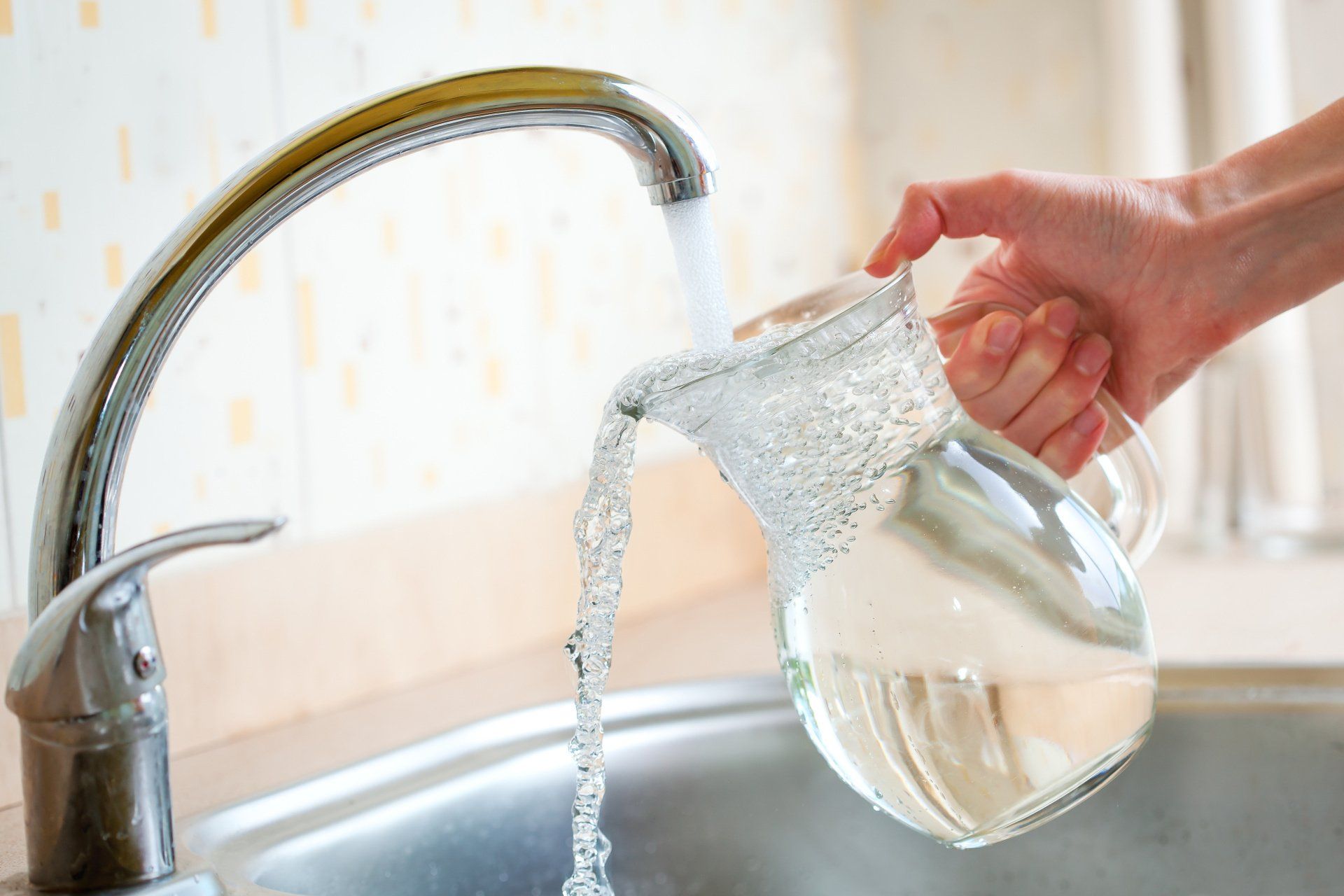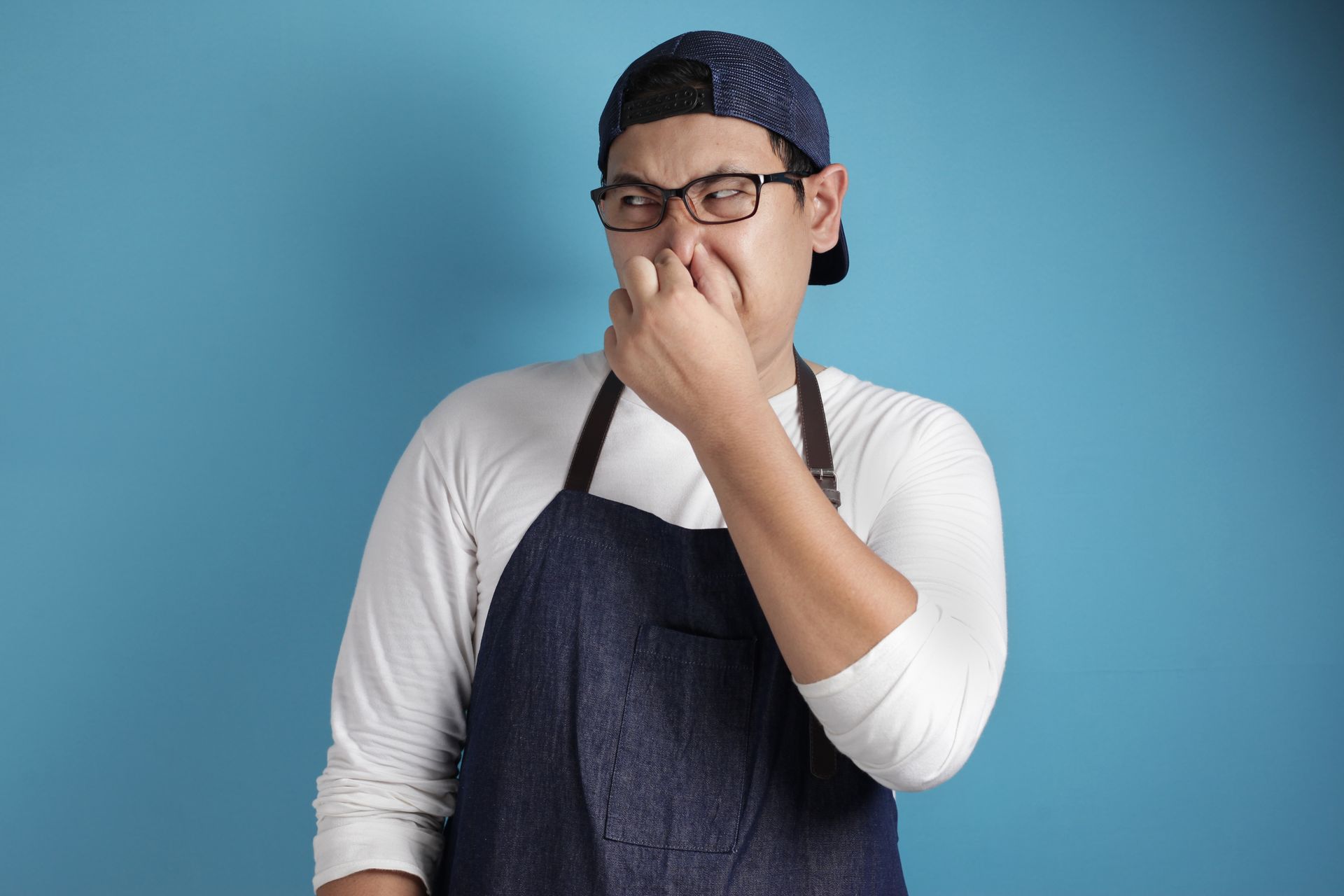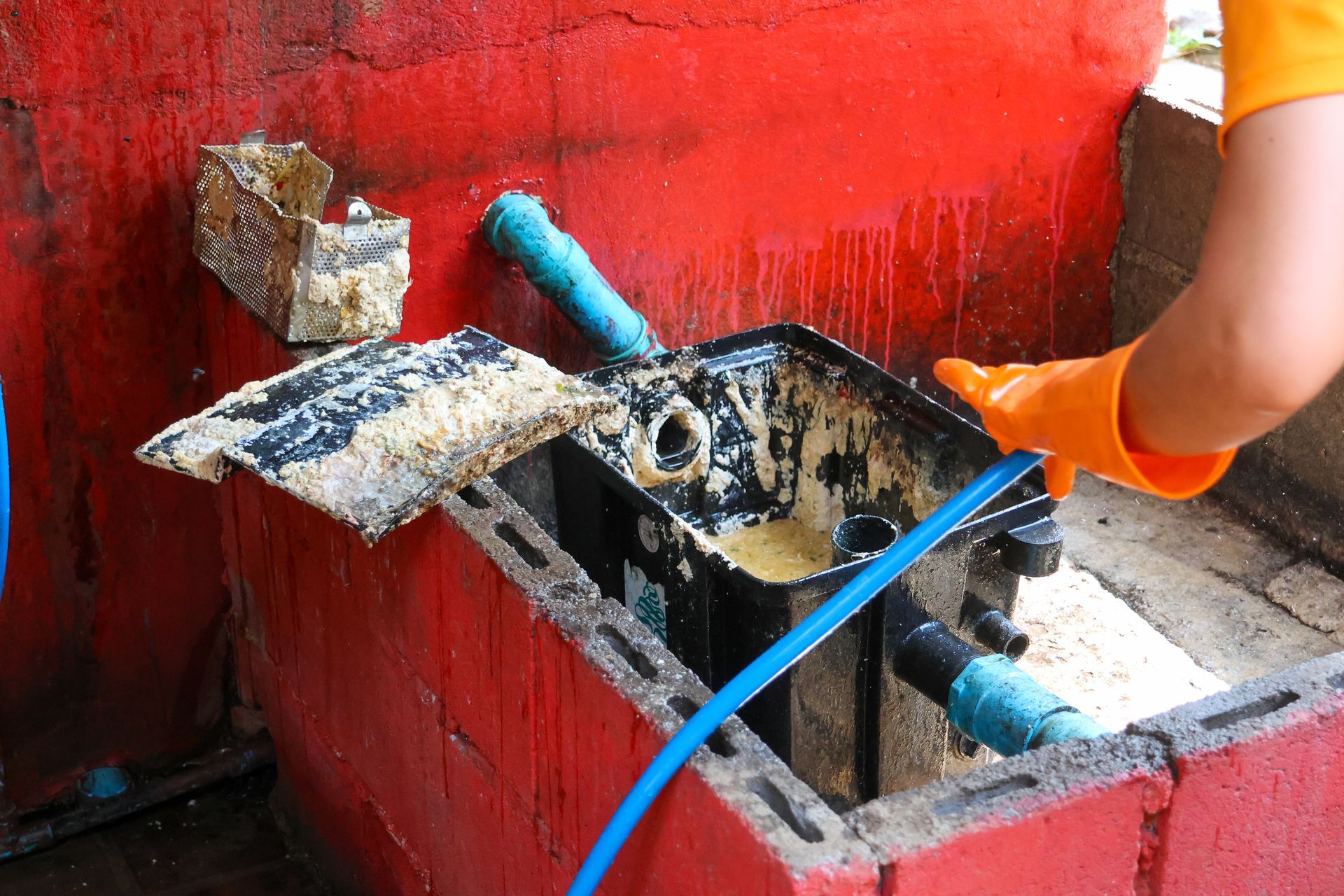Is Atlanta Tap Water Safe?

In general, Atlanta’s tap water is considered safe for consumption according to Atlanta’s 2020 Water Quality Report. However, whether it’s in your best interest to serve customers tap water is debatable. Tap water in Atlanta contains acceptable amounts of microplastics, lead from pipes and chlorine by-products, but this doesn’t make it necessarily healthy.
For safe and better tasting water, consider installing a water filtration system in your business or home. High-quality water filtration will remove any remaining pollutants and make the water more palatable.
Where Does Tap Water Come From?
The most common sources of tap water are:
- Fresh surface water from lakes, rivers and springs
- Groundwater
- Desalinated sea water
Even though groundwater is the most plentiful source of tap water in many places, it’s notoriously difficult to reach in Atlanta. Conversely, sea water can provide a limitless supply of tap water. However, converting salt water to fresh, drinkable water can be expensive.
Tap water in Atlanta comes mainly from surface water, specifically the Chattahoochee River and two Georgia lakes: Lake Lanier and Lake Allatoona.
Regardless of which type of source tap water comes from, it undergoes the same advanced treatment to remove dirt and various contaminants, which makes it safe to drink.
The Water Treatment Process of Tap Water
Turning untreated water from lakes, rivers and the ground into clean tap water is a lengthy process that involves using various chemicals and filters to remove toxins and other harmful substances. The process begins with coagulation and flocculation, which are intended to separate things like sand, bacteria, dirt and wood from the rest of the water.
The next step is to move the water to a sedimentation basin. Here, the water sits for the particles to settle down to the bottom of the basin and turn to sludge, which is typically hauled away to a landfill site.
After the sludge is removed from the water, it flows through weirs to the next step of the process, which is filtration. The filtration process removes any remaining solids and bacteria using sand filtration to further purify the water.
Next, the water undergoes disinfection, which is typically done by using chlorine-based substances. Chlorine remains in the water in trace amounts to kill any contaminants that may enter the water once it leaves the water treatment plant.
At this point in the process, the water is ready to circulate into the city’s pipe network. Before it becomes tap water, it’s tested for various chemicals and particles to ensure it’s safe for human consumption.
How Is the Quality of Tap Water Verified?
When tap water is tested, its quality is rated according to certain parameters. These parameters are used to detect harmful contaminants in the water. Each indicator has an acceptable limit. If the indicator exceeds that limit it could indicate potential issues.
Common tap water parameters include:
- PH value: The normal pH range, which is a measure of acidity, is 6.5 to 8.5
- Turbidity: Water that’s not clear could indicate contamination
- TDS: An optimal Total Dissolved Solids (TDS) level for tap water is 50 to 150 PPM
- Water hardness: It’s believed soft water is better for cleaning because it doesn’t leave mineral residue the way hard water does
There isn’t any scientific evidence that water hardness has adverse effects on human health.
Helping Georgia Businesses Be Responsible with Their Grease Trap Cleaning
At Southern Green Industries, we ensure the wastewater we collect from restaurants and food service business in Georgia returns to circulation as clean as possible. Our onsite water treatment plant embodies our commitment to a greener future.
We specialize in grease trap cleaning and oil recycling solutions. Whether you own a small mom-and-pop restaurant, franchises, a large chain with multiple locations or need a grease trap cleaning company for a cafeteria, we’ll ensure your grease trap maintenance is done in accordance with all relevant regulations.
For more information or to get a free quote, call us at (404) 419-6887 or send a message.
Recent Blog Posts
Contact us Today for a FREE Quote
We are committed to making grease trap cleaning and fryer oil recycling as clean and easy as possible. If you’d like to learn more about our services or get a quote, give us a call at (404) 419-6887.



